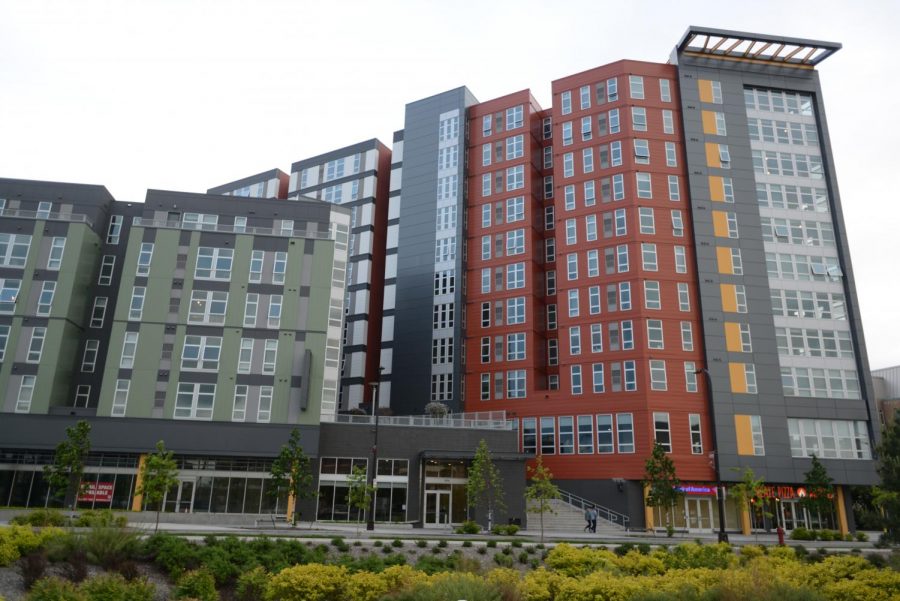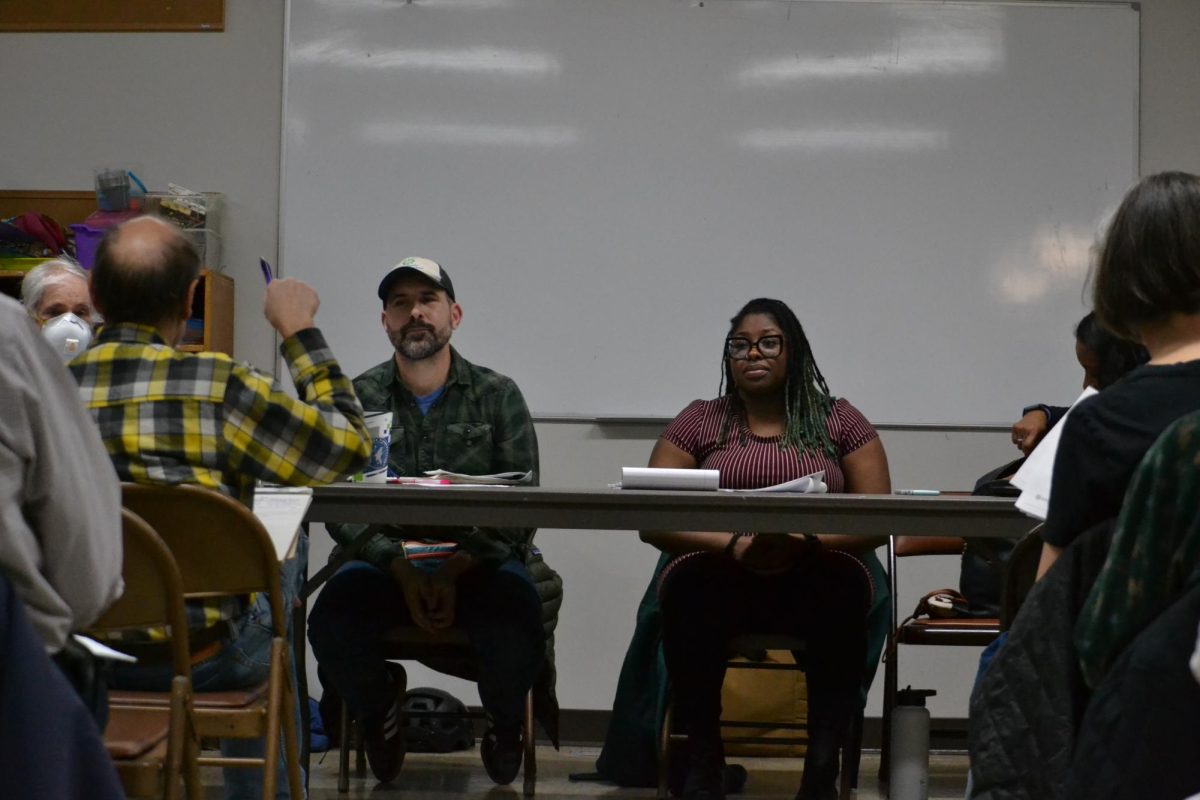With a history of challenges trying to engage renters and students, Prospect Park Association (PPA) has taken first steps toward outreach and education.
The PPA tenants’ rights subcommittee had its first meeting Sunday following months of conversations about educating renters on their rights, particularly on issues with landlords. To accomplish this, PPA is engaging with students and renters who neighborhood leaders have struggled to reach in the past.
Kaaha Kaahiye, a third-year student at the University of Minnesota, has worked on a tenants’ rights project for Prospect Park since January. The original plan was to conduct in-person workshops with renters, and PPA members started interviewing renters about how the neighborhood organization could help. But after the pandemic hit, Kaahiye said they shifted their focus to creating an online curriculum.
“If people have simple things like, ‘Oh, I am having an issue with my unit, and my landlord isn’t fixing it, what do I do?’ Like those sorts of questions can be answered by [the curriculum],” Kaahiye said.
The curriculum will also contain resources for renters offered by local advocacy nonprofits like Mid-Minnesota Legal Aid and the housing-oriented organization HOME Line.
Kaahiye said PPA was motivated by disputes between Prospect Park landlords and tenants, most notably student livability complaints about the Prime Place Apartments — now called The Arrow — in 2017.
The tenants’ rights subcommittee will be co-chaired by Ben Tuthill, a renter himself, who got involved because he was frustrated with how hard it is for renters to connect with each other and be a part of neighborhood organizations.
It is difficult to accomplish anything without support, Tuthill said, and many renters are not educated about their protections and rights to begin with. He plans to start by forming connections between renters.
COVID-19 can make outreach difficult, but it also increases the need for renters to feel safe and protected in their own homes, said Jenna Hoge, subcommittee co-chair and another renter.
“COVID-19 meant that I wasn’t leaving my house every day for work,” Hoge said. “I have found it very disruptive to work in an apartment that doesn’t feel safe.”
Hoge said that she has consistently found mice in her apartment and rodent droppings in her kitchen utensils sorter. She added that her landlord did not respond or follow up after multiple complaints.
The project aims to reach out to students in Prospect Park, along with historically underrepresented and marginalized communities such as people of color and international students, Kaahiye said.
Factors that could prevent tenants from confronting their landlords include lack of knowledge about rights, language barriers and fear of speaking up, especially for immigrants, said Kirsten Delegard, founder of The Historyapolis Project, which publishes articles about the history of Minneapolis.
“Especially for students, it is this sense of, ‘Is it really worth my time for me to fight over this, because I’m going to be gone in 10 months, and I’m going to be moving on to the next thing,’” Delegard said.
The tenants’ rights educational curriculum is planned to be published online within the next few months, according to Kaahiye. The details are being finalized, but she likened the curriculum to a self-guided online course.
“At the very least, after this project is over, PPA can say, ‘Yeah we have a list of places to go if residents come to us with questions about their landlord,’ whereas, they never had any of that specific protocol,” Kaahiye said.






















